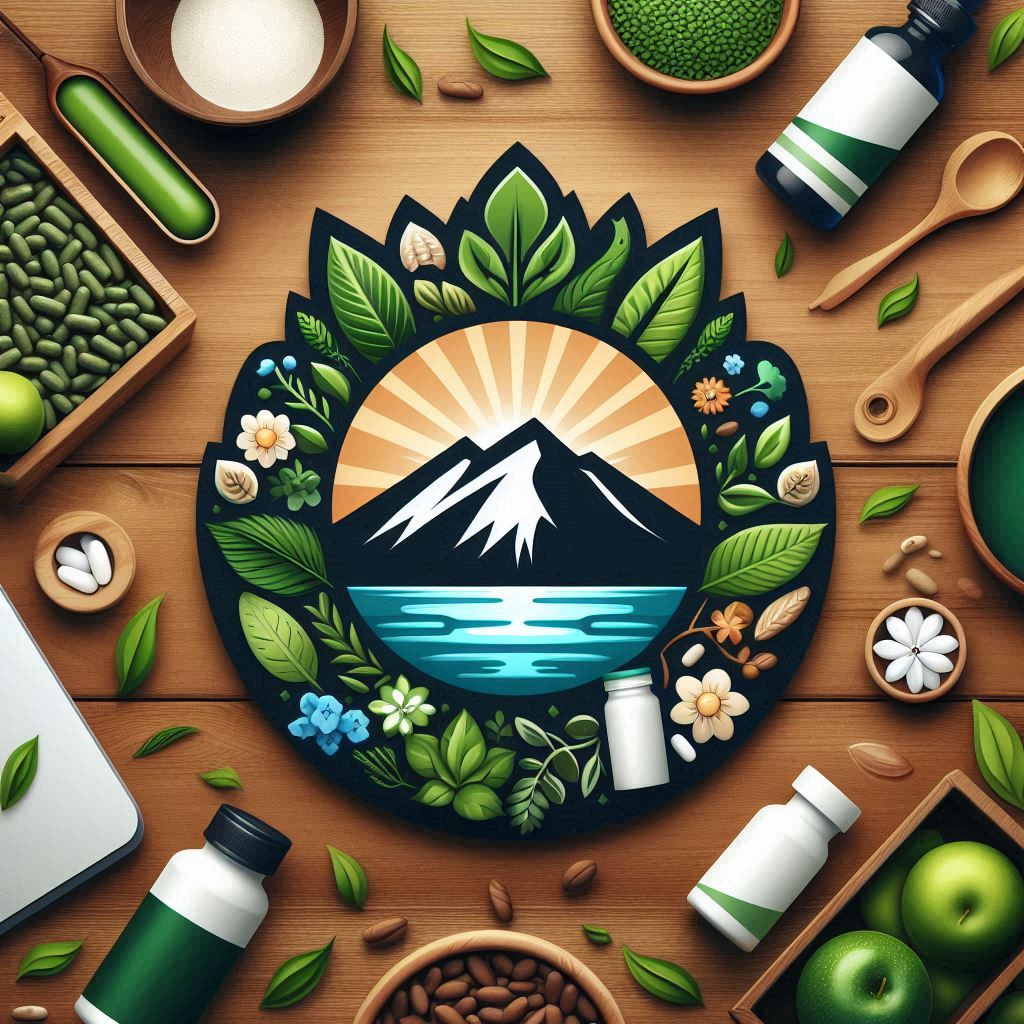![]()
Whether you’re reading food labels or picking out skincare, organic certifications are popping up everywhere these days. In 2025, it’s clear that more people are asking what those little stamps actually mean and how to find your way through all the different options. Picking the right certification tells you way more than just “organic.” You’ll also get a peek at farming practices, animal welfare, and sometimes even how people are treated on the farmland. Knowing what these certifications stand for—and what’s trending—helps you make choices that fit your values and needs.
There’s no single top organic certification that beats all others at everything. Each one focuses on different priorities, from ingredient sourcing to social and environmental standards. Still, some names carry more weight for shoppers and businesses who want trust, global acceptance, and clear rules.
Most Recognized Organic Certifications for 2025
Having checked out dozens of food and farm standards, a few certifications truly stand out for clarity, strict requirements, and market recognition. Here’s what matters most in 2025:
- USDA Organic: Still the go-to for the United States and beyond, requiring at least 95% organic content in food products. Its green and white seal gives buyers peace of mind and has strong legal protection against misuse. Almost everyone, including restaurants, grocery stores, and exporters, trusts the USDA program for its consistency and global partnerships. (source)
- EU Organic: Europe’s answer to the USDA, this label follows equally tight rules and covers products sold across the European Union. It’s recognized outside Europe too. The logo guarantees 95%+ organic ingredients and a ban on most synthetic pesticides and GMOs. (source)
- JAS Organic (Japan): This one takes things up with extra input restrictions, with some substances not allowed at all. JAS builds more trust with buyers across Asia and helps products flow easily between Japanese and global markets.
- Canada Organic: A close cousin to the USDA system, Canada’s certification shares many requirements and is especially useful for those selling in North America.
- Regenerative Organic Certified: The new badge with a twist, this label doesn’t just stop at “organic.” It folds in soil health, animal welfare, and fair labor rules, setting an ambitious new bar that appeals to companies and shoppers who want to go further. (source)
What Sets These Certifications Apart?
- Organic Content: All the certifications above require at least 95% certified organic ingredients for food. That’s pretty high and generally enough to meet consumer expectations.
- GMOs and Synthetic Inputs: Strict bans on GMOs (genetically modified organisms) are standard across all the big names. JAS and Regenerative Organic push even further by banning or sharply restricting some fertilizers and pesticides that others sometimes permit.
- Animal Welfare: Regenerative Organic Certified shines a light on how animals are treated. EU Organic demands more living space for animals, while USDA and Canada Organic have basic rules for access to outdoors but fewer specifics.
- Soil and Farmworker Fairness: Regenerative Organic stands out among traditional programs by making soil restoration and farmworker treatment priorities. This is hugely important for people who care about more than just ingredients.
Organic Certification Comparison ChartCertificationOrganic ContentMarket StrengthGMO PolicySynthetic PesticidesAnimal WelfareSoil/Regenerative FocusSocial StandardsUSDA Organic95%+Global leader, widely acceptedBannedBanned (some exceptions)Basic outdoor accessSoil fertilityNot addressedEU Organic95%+Europe, global trade agreementsBannedBanned (some exceptions)More space for animalsSoil healthLimitedJAS Organic95%+Asia-Pacific, trusted in JapanBannedStricter on inputsModerateSoil improvementNot addressedRegenerative Organic95%+ plus advanced requirementsGrowing interest, premium tierBannedBanned + soil health priorityComprehensive standardsRegenerative focusAdvanced, fair labor requiredCanada Organic95%+Strong in North AmericaBannedBanned (some exceptions)Similar to USDASoil matter focusNot addressed
How to Choose the Right Organic Certification
The ideal certification depends on where you plan to sell, what values you want to stand behind, and who your buyers are. Here are a few quick tips I’ve found helpful:
- For broadest recognition: Go with USDA Organic or EU Organic if you want access to global markets and strong buyer trust.
- For strictest purity: JAS Organic takes a tougher line on inputs, making it top pick for those who want the least amount of synthetic residues.
- For advanced sustainability: Regenerative Organic Certified makes a splash if you care about animal welfare, soil restoration, and farmworker fairness.
- For North American markets: Canada Organic is a natural fit, especially for crossborder shipments and local shoppers.
Trending Developments for 2025
- Regenerative standards on the rise: There’s growing interest in certifications that cover more than just “organic.” People want to know their products are also helping the planet and farm communities.
- Global harmonization: More partnerships mean it’s getting easier to sell certified organic products in new markets without having to recertify.
- Stronger fraud protection: Programs like USDA Organic keep improving traceability and enforcement, helping buyers avoid fake labels.
- Eco label stacking: You’re much more likely to see products with multiple certifications to show all the ways they’re upping their game, especially as brands look to set themselves apart with both organic and regenerative seals.
What Shoppers and Producers Say
- Producers: Time and again, I hear the USDA Organic label opens the most doors for farmers and food brands wanting to get bigger exposure. At the same time, more buyers are asking about regenerative and fair labor practices every year.
- Shoppers: Friends and foodies I know look for seals they recognize, like USDA Organic or EU Organic, and are increasingly curious about what’s behind buzzy terms like “regenerative.”
Picking the right certification in 2025 comes down to which values are most important to you: wider market access, purity, eco impact, or farmworker rights. Each of the major programs has its strengths, and using a combo of certifications can help you reach both mainstream and next-level cool ethical shoppers. Now you can make a choice that’s really in tune with your ethics and goals!
